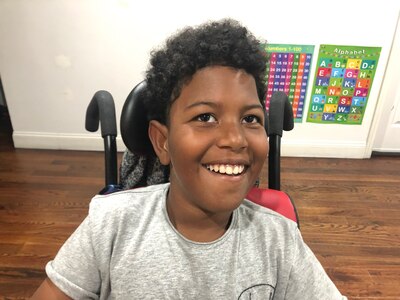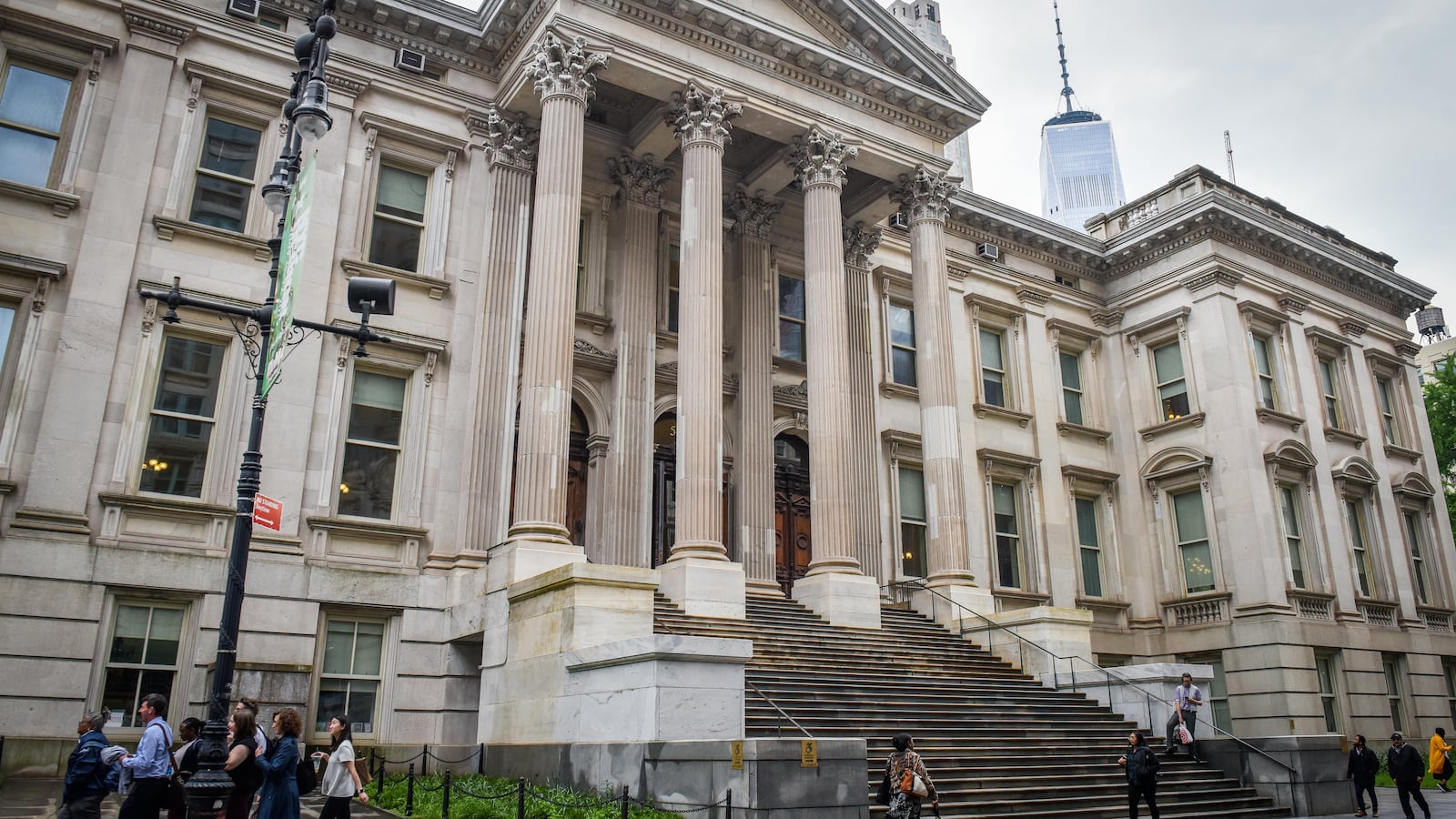This article is a collaboration between Chalkbeat and THE CITY
City education officials have blown the legal deadline to help students with disabilities at least 1,000 times — despite orders from administrative hearing officers, according to advocates who filed a motion in federal court Tuesday.
The filing charges the city is in violation of a longstanding legal settlement from 2007 that requires the Department of Education to provide services or payments to special needs families within 35 days of receiving a hearing officer’s order.
According to the most recent data, the DOE blew that deadline over 30% of the time between October 2017 and January 2018.
When the department had to provide a direct service, such as physical or occupational therapy instead of reimbursing the family, officials failed to meet the deadline in about half the cases, the filing says.
“After parents go through the lengthy and burdensome process of a hearing and win, they expect their child to finally get the services they need — not months of stalling,” said Rebecca Shore, litigation director for Advocates for Children, which brought the original class action lawsuit in 2003 along with Milbank LLP.
The motion asked the court to appoint an independent “special master” to oversee the department’s compliance with the settlement agreement.
Tuesday’s filing marked the latest evidence that the legal process for resolving special education disputes is in disarray.
When families believe their child is not receiving the correct set of services — for instance, if their school does not provide a therapy listed on a child’s learning plan — they have the right to file a complaint that launches an administrative process overseen by a hearing officer.
Yet even after a hearing officer rules in favor of a family — by ordering the DOE to reimburse parents for services, private school tuition or to simply provide therapies directly — the department often drags its feet for months, according to the motion.
‘It Impacts Him Greatly’
Vicky Lopez experienced that frustration first-hand when the DOE failed to implement a hearing officer’s Nov. 1, 2017, order that her son be given hundreds of hours of occupational, physical and speech therapy.
The order specified that the DOE also help Lopez find therapists for her son, Jayden Peguero, who is now 10.
But Lopez and Advocates for Children staff attorney Daniel Hochbaum said the department waited until well past the 35-day deadline to even begin trying to identify therapists, and didn’t fully comply with the order until Aug. 21, 2018.
Lopez says those lost months of therapy are harmful because Jayden has cerebral palsy, which impacts muscle tone.
“As time goes by without getting the adequate services, my child’s body starts to stiffen,” she said. “It impacts him greatly.”

Hochbaum added that the city shouldn’t put parents in a position where they or their lawyers need to constantly stay on top of officials to get services they’re entitled to.
“It’s like getting an order from a judge,” he said. “In any other context, if someone wasn’t following the order of a judge, they’d be in trouble.”
The number of special education complaints like Lopez’s have skyrocketed, more than doubling between 2014-’15 and 2018-’19 — when 9,695 complaints were filed, according to city data.
That surge has strained the system. Complaints took an average of 202 days to be closed during the 2017-18 school year, state data show. A report commissioned by the state’s education department found the increase in complaints “render an already fragile hearing system vulnerable to imminent failure and, ultimately, collapse.”
A state “Compliance Assurance Plan” issued in May found the city in violation of federal laws governing students with disabilities for the past 13 years. The city has vowed to make improvements to the impartial hearing system — though advocates argue the changes aren’t aggressive enough.
Late Tuesday, DOE officials acknowledged delays in making payments in response to orders, citing the surge in complaints in recent years.
“We’re committed to serving our students with disabilities, and we’ve been adding staff to reduce delays in payments,” said Danielle Filson, a DOE spokesperson. “There has been a significant increase in the volume of due process complaints over the past three years, and we’re working to make this process faster and easier for families.”

